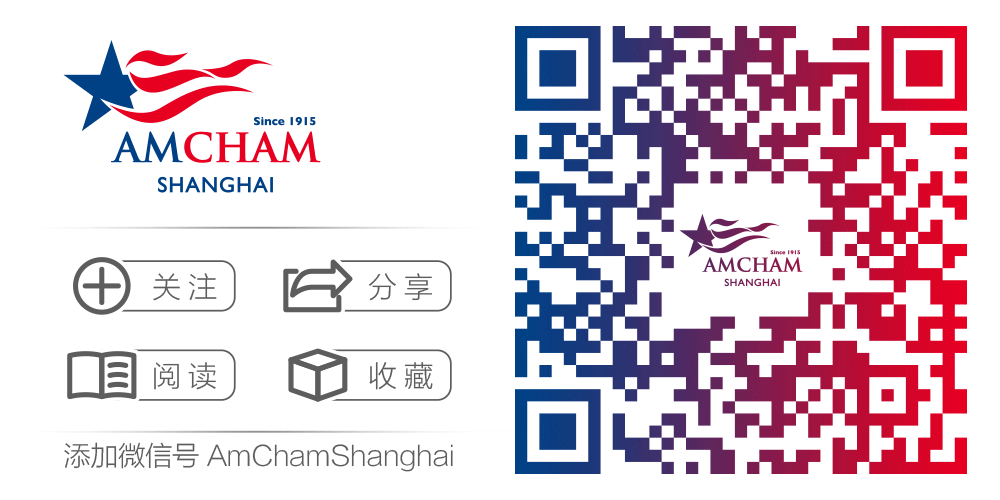21 Oct Recap | AmCham Shanghai 2023 Automotive Conference


On Wednesday, October 18, AmCham Shanghai held its 2023 Automotive Conference at the Hualuxe Shanghai Twelve at Hengshan. Nearly 100 attendees joined the event.

The conference began with a keynote address from Bill Russo, Founder & CEO of Automobility and Chair of the AmCham Shanghai Automotive Committee. Bill laid out the disruptions facing industry players, including supply chain challenges, the shift in buying behavior towards electric vehicles and smart connectivity, and new retail trends. Bill also presented his monthly update on China’s auto industry, focusing on the growing share of new energy vehicles in auto sales and exports. As China’s domestic market remains weak, exports have soared as a way to deal with overcapacity, and China is now the second-largest exporter. This is also the first year that domestic brands will outsell foreign brands in the Chinese market.

Bill then led a conversation with Sam Wu, CEO of Ford China, on how foreign companies are adjusting to the changing auto market. Sam discussed the need to differentiate yourself by finding your best fit in the saturated market, using the example of Ford’s strength in the commercial vehicle space. The two also discussed the US-China relationship and how foreign companies here can leverage China’s going global.

Junna Shi, Partner at McKinsey, presented an overview of the Chinese economy. She covered data on GDP growth, the purchasing managers index, fixed asset investment, the property market, cross-border trade, foreign direct investment, urban unemployment, household savings, producer and consumer inflation, travel figures, and fiscal revenue.

The final speaker of the morning was Boni Sa, Director of Automotive Planning Solutions at S&P Global Mobility Automotive, who delivered his outlook on the automotive industry. He discussed light vehicle sales and production recovery, electrification trends in each region and electrification’s impact on the Chinese market structure, autonomous driving and electrical/electronic architecture and infrastructure.





Thank you to our sponsors Yusen Logistics and Tianjin Economic-Technological Development Area (TEDA) for making this year’s conference a success. Thank you to Bill Russo as well for his great contributions to the conference and for his leadership as committee chair.
———— END ————
在本公众号对话框输入以下关键词获取更多信息。 [Upcoming Events] / [近期活动] [Become a Member] / [成为会员] [Membership Services] / [会员服务]



【Follow Us 关注我们】
Scan or long-press the QR code below or search “上海美国商会” in Official Accounts
扫描或长按二维码,或搜索公众号”上海美国商会”




Sorry, the comment form is closed at this time.